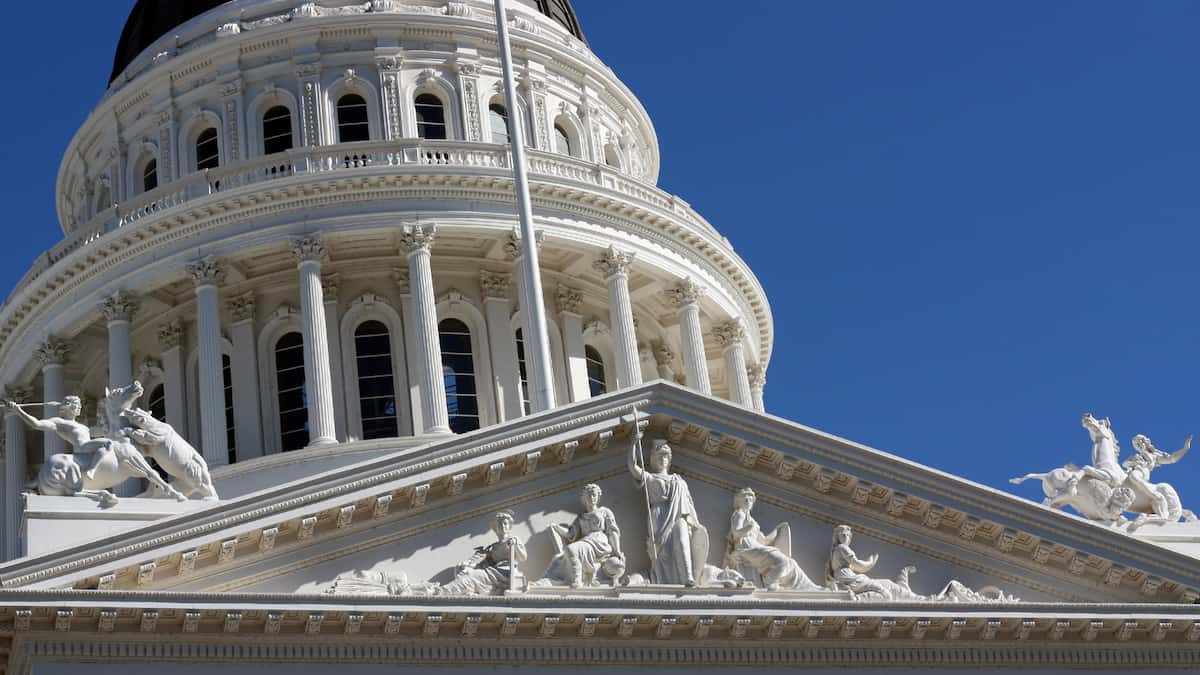First it was Connecticut, Nevada, and Montana being the first states in the nation to outright ban the casino sweeps model, and then there was the close call that was the Louisiana legislature passing a dramatic anti-sweeps bill that went after everyone and everybody from affiliates to the plumber, only to see the governor veto it at the last moment.
However, Governor Landry and his Attorney General then turned around and filed 40 cease and desist letters against operators to prove their point that the state already had the necessary tools to address the perceived threat. All of which was bad, but it’s still Montana, Nevada, and Louisiana, though Connecticut probably hurts a little.
Then, early last week, the New York Senate, acting with just days left in the session, passed its anti-sweeps bill. And then, with one day left, the Assembly also signed off on it. Putting an anti-sweeps bill on the governor’s desk.
Although not quite the scattergun approach seen in the Louisiana law, the New York anti-sweeps law would still target media affiliates, payment processors, geolocation providers, and, in some cases, financial institutions. No word yet on whether Governor Hochul will sign the bill.

But before the dust had even settled in the Empire State, word began to seep out of the California Nations Indian Gaming Association (CNIGA), having reached a deal with some California politicians to bring a very similar bill to the California legislature. While many states, including New York, are bringing their legislative sessions to a close this month, the California session lasts until September 12, giving lawmakers ample time to gather the necessary votes to pass this bill.
Victor Rocha, conference chair for the California Indian Gaming Association, has made no secret about his dislike of the sweeps industry, saying last October, “The platforms are still young enough to smother in their crib, and that’s just what we are going to do.”
It’s a feeling felt throughout California Indian Country as they watch celebrity spokespeople like Ryan Seacrest, Drake, and even Paris Hilton make countless appearances on social media promoting the VGW brands LuckyLand Slots and Chumba Casinos while raking in millions in endorsement fees.
All while diverting billions in wagers from the tribes who were awarded the only rights to casino house banked games under Prop 5 in the state more than twenty-five years ago. Already dealing with encroachment from card rooms on what constitutes a house-banked game legally, the last thing the tribal casinos need is an online option that would allow people from anywhere in the state to play an unlicensed and untaxed slot or casino game, essentially 24/7, especially one not sanctioned by CNIGA.
So it’s no wonder the Tribes have been applying tremendous pressure on legislators to help enforce the monopoly on casino gaming that the state and its voters granted them. And it appears from leaks and whispers emerging from the likes of Victor Rocha and Light & Wonder’s Howard Glaser that the time has finally come for those politicians to earn their keep.
Both of whom have cited a widely distributed memo among CNIGA members that discusses the details of a soon-to-be-filed bill that would apparently lean on the recently passed New York law for guidance and inspiration.
The potential loss of both the California and New York markets within weeks of each other would be far more significant than earlier setbacks in states like Nevada, Connecticut, and Montana. It would mark a major shift in what had been shaping up to be a promising year for sweepstakes casinos, following a string of favorable court rulings and dismissals across the country.
Until recently, it looked like they might get through the 2025 legislative session with only minor challenges. Now, their attention turns to Governor Hochul and the California legislature, with hopes that there’s still a path forward. Even if the political climate in both states remains challenging.

